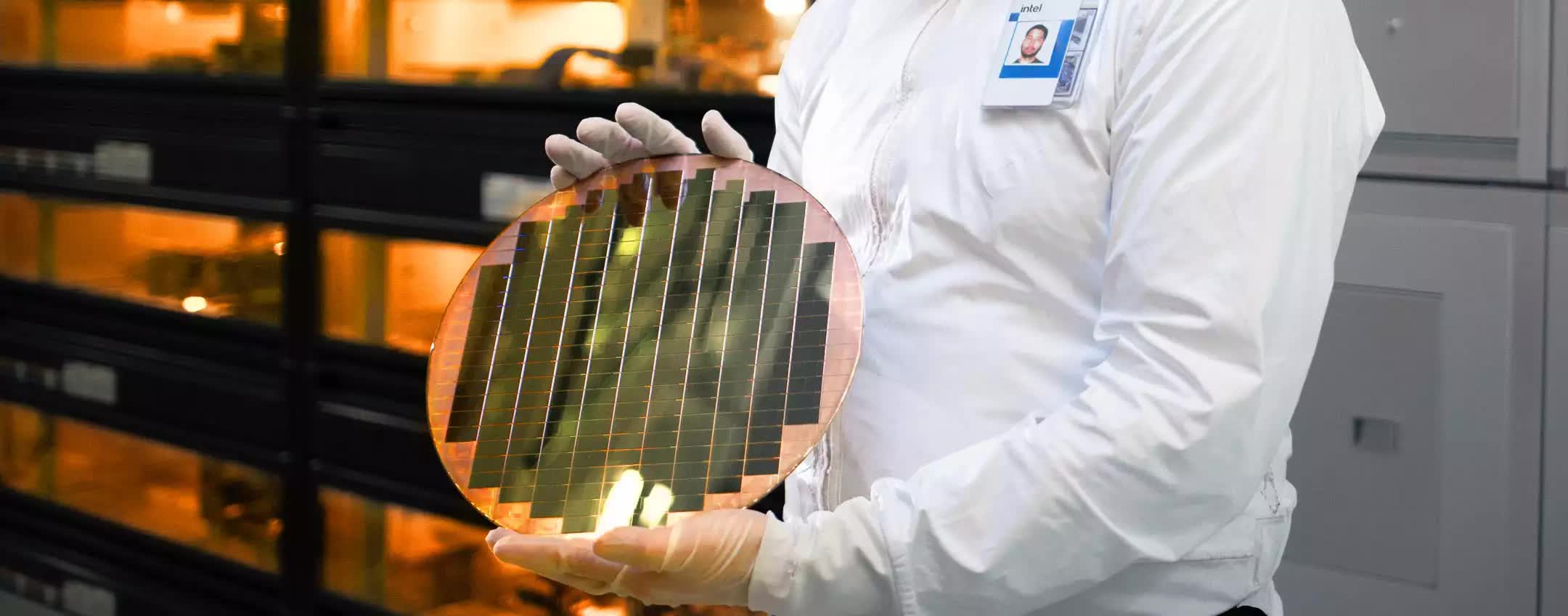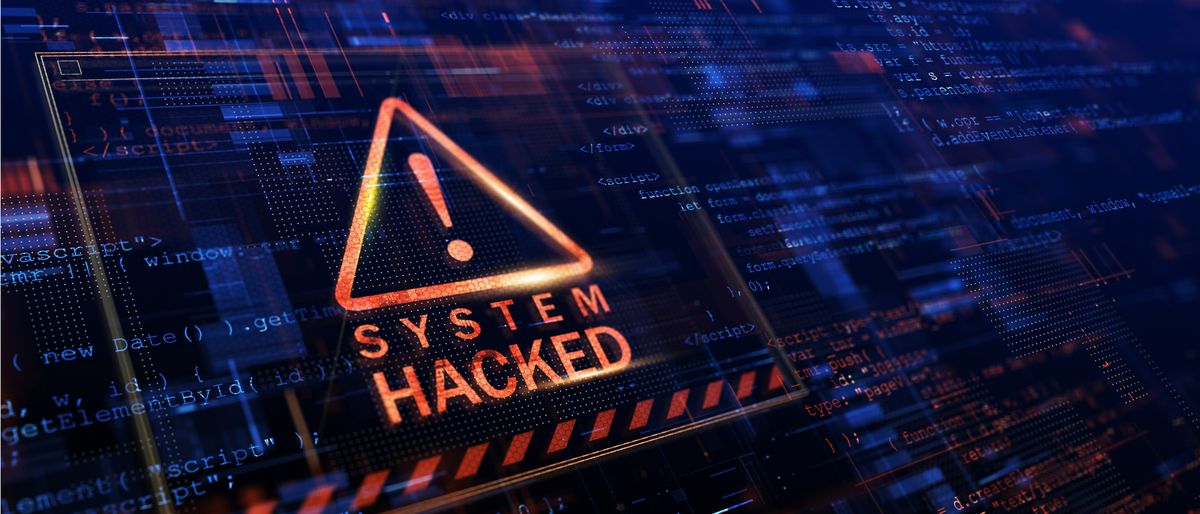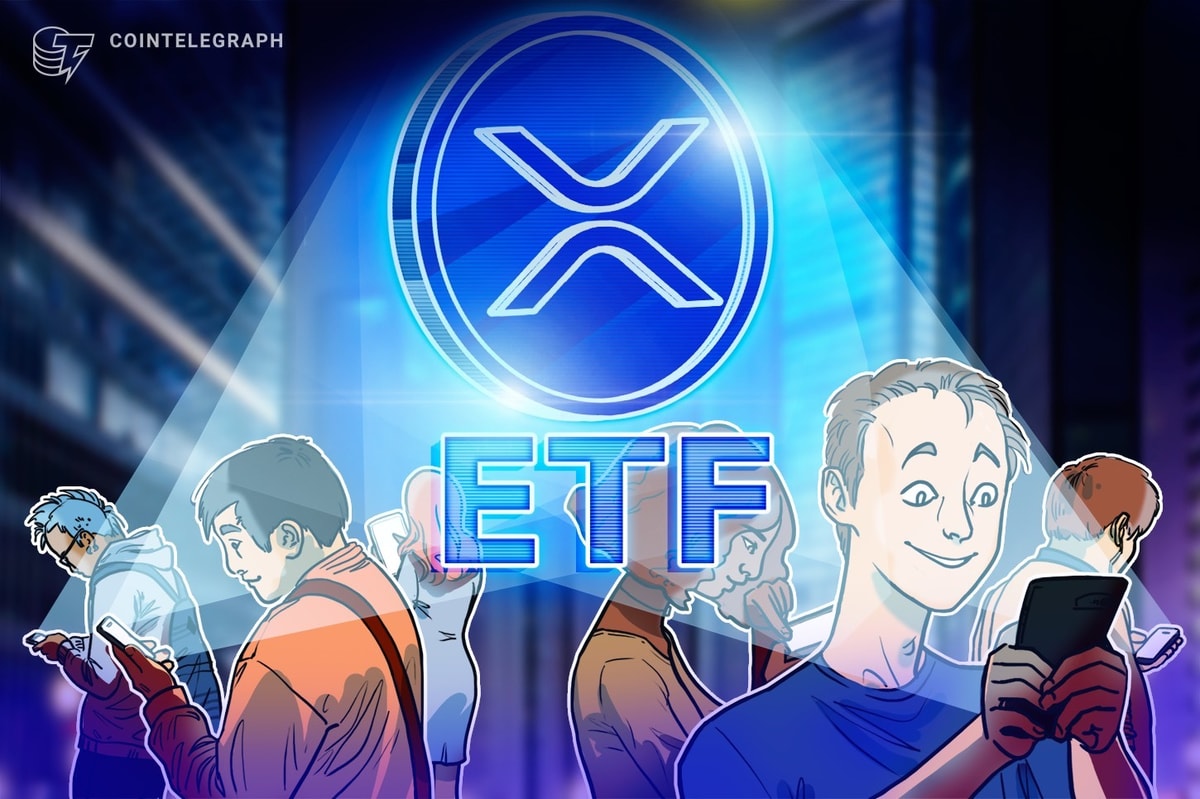Serving tech enthusiasts for over 25 years.
TechSpot means tech analysis and advice you can trust.
In a nutshell: Intel is discovering what most of us already knew: people aren't willing to pay more for CPUs just because they have added AI abilities. Team Blue said sales of its cheaper previous-generation Raptor Lake processors are seeing high demand, a contrast to the Lunar Lake and Meteor Lake chips with their AI smarts. It seems the looming prospect of Trump's tariffs causing economic disruption is playing a part, pushing consumers toward frugality.
Intel revealed during its recent earnings call that its Intel 7 process node production capacity was facing shortages, something it predicted would "persist for the foreseeable future."
Intel's more recent generations of processors – Meteor, Arrow, and Lunar Lake – use TSMC's newer process nodes, so what's causing the problems? The company said the shortage of 7nm production capacity was due to an unexpected surge in demand for its N-1 and N-2 products: Raptor Lake and Alder Lake.
A survey of more than 20,000 tech enthusiasts last year showed that 84% of participants would not be willing to pay extra money for hardware with AI capabilities.

Beyond a lot of people preferring to save money rather than opting for a slightly more powerful CPU that is AI-focused, the prospect of US tariffs is playing a part.
Many are worried about the prices of goods rising as a result of the tariffs, leading to belt-tightening among many consumers.
"What we're really seeing is much greater demand from our customers for n-1 and n-2 products so that they can continue to deliver system price points that consumers are really demanding," said Intel's Michelle Johnston Holthaus. "As we've all talked about, the macroeconomic concerns and tariffs have everybody kind of hedging their bets and what they need to have from an inventory perspective. And Raptor Lake is a great part. Meteor Lake and Lunar Lake are great as well, but come with a much higher cost structure, not only for us, but at the system ASP price points for our OEMs as well."
Trump has exempted chips from the tariffs, but Intel could suffer from the retaliatory tariffs China has placed on US imports – chips manufactured in the US could face levies of 85% or higher.
"The very fluid trade policies in the US and beyond, as well as regulatory risks, have increased the chance of an economic slowdown with the probability of a recession growing," said Intel's finance chief David Zinsner. "We will certainly see costs increase."
"Demand for older-generation chips is a flashing macro signal," Michael Ashley Schulman, chief investment officer at Running Point Capital, told Reuters. "In a shaky economic climate, 'good enough' beats bleeding edge."
Elsewhere in the earnings report, new Intel CEO Lip Bi-Tan confirmed reports that the company will be laying off a number of employees, undertaking a major restructuring, and those on hybrid work schedules will need to increase the number of days they come into the office from the current three to at least four.








 English (US) ·
English (US) ·